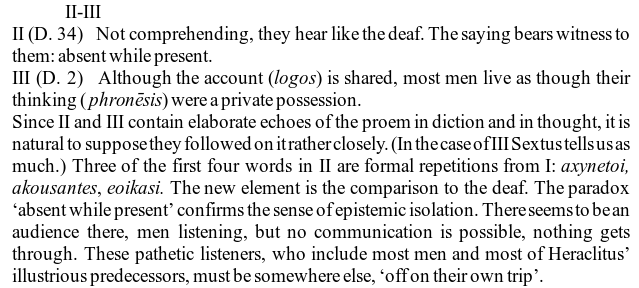this post was submitted on 11 Aug 2023
29 points (93.9% liked)
GenZedong
8 readers
1 users here now
This is a Dengist community in favor of Bashar al-Assad with no information that can lead to the arrest of Hillary Clinton, our fellow liberal and queen. This community is not ironic. We are Marxists-Leninists.
Serious posts can be posted here and/or in /c/GenZhou.
We have a Matrix homeserver and a Matrix space. See this thread for more information.
Rules:
- This community is explicitly pro-AES (China, Cuba, the DPRK, Laos and Vietnam)
- No ableism, racism, misogyny, transphobia, etc.
- No pro-imperialists, liberals or electoralists
- No dogmatism/idealism (Trotskyism, Gonzaloism, Hoxhaism, anarchism, etc.)
- Reactionary or ultra-leftist cringe posts belong in /c/shitreactionariessay or /c/shitultrassay respectively
founded 4 years ago
MODERATORS
you are viewing a single comment's thread
view the rest of the comments
view the rest of the comments

Dang Heraclitus' spitting bars.
For II (D. 34) and III (D. 2) are they referring to specific works by Heraclitus? Soviet Snake, could you share the names as I would like to take a look!
The only surviving texts by Heraclitus are called "Fragments" which are surviving pieces of supposedly the only written book by him. All of these were scattered from others sources such as citations and paraphrasing of his text. For II and III Kahn refers to fragments 2 and 3 of his ordering of the fragments (there is a debate about the ordering except for I where there are 2 other sources of his time that declare that fragment as the beginning of Heraclitus' book).
They appear in the screenshot, but I will paste them as text below:
The D. # refers to the Diels-Kranz numbering, which is what's been used as the default before and even after Kahn's. If you have any doubt about the meaning let me know, but I'd argue reading Heraclitus is really good for understanding dialectics and his philosophy still holds true in some way until today.
Thanks for the response!